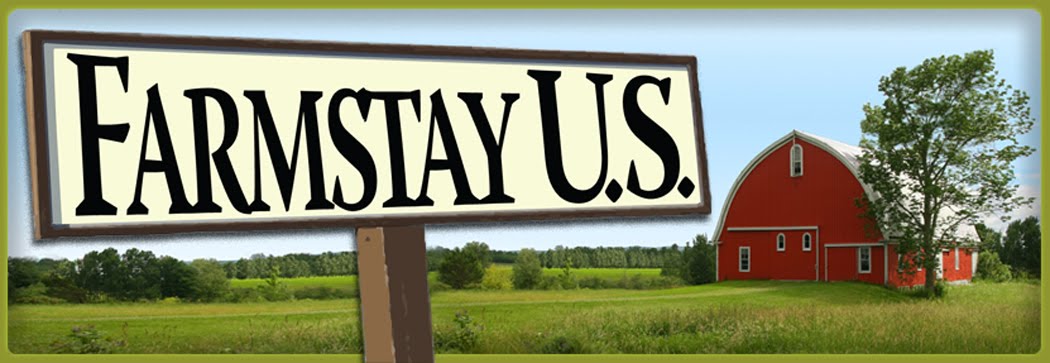"A tough row to hoe," by Gordon Delaney of the Halifax Chronicle Herald, discusses Nova Scotia's once booming, but now struggling, hog industry. In Nova Scotia, says the article, "Large retailers can bring pork into the province cheaper than local farmers can produce it."
 It sounds much like the dairy crisis. The cost of farmers producing the goods is greater than the wholesale price that they receive for the goods.
It sounds much like the dairy crisis. The cost of farmers producing the goods is greater than the wholesale price that they receive for the goods.Photo caption: At the age of 53, Gerald Vermeulen is being forced to shut down his Canning hog operation. The lifelong farmer’s eyes fill with tears as he says: ’It’s going to be difficult for me to transition into something else, but that’s what I’m going to have to do.’(Photos by TIM KROCHAK / Chronicle Herald Staff)
From the article:
The hog industry is an example of how farmers have had to struggle to survive in a changing marketplace where large national and international grocery chains rule, and competition from cheap imported food products puts the squeeze on local farmers...There’s been a huge consolidation over the past 10 years among retail chains and other food distributors, putting the primary producer at a disadvantage in negotiation and positioning of prices, relative to the costs involved in producing food.
The article continues to analyze the food security risk inherent in a system in which only 7.2% of consumers' food dollars go to local farmers, down from 10.1% in 1991.
 There is now, however, a small reverse in the trend. The local foods movement is changing consumer behavior, and some farmers are diversifying and pursuing agritourism in order to become resilient to the tough market.
There is now, however, a small reverse in the trend. The local foods movement is changing consumer behavior, and some farmers are diversifying and pursuing agritourism in order to become resilient to the tough market.Photo caption: Caroline Bishop and her father, Andrew, have branched out into alternate farming methods at their Noggins Corner Farm near Wolfville. Plastic field tunnels allow them to grow things like raspberries that normally couldn’t be grown here this time of year.
"The Yow Factor," by Vickie Jean Dehamer of North Carolina's Cary News, profiles an unusual corn maze that honors the late Kay Yow, a NC State basketball coach, while at the same time raising money to fund cancer research. The article also describes a bit about the corn maze design process, which in this case involves a professional corn maze design firm. Kudos to the Phillips Farm for building a corn maze with a cause.








.jpg)
No comments:
Post a Comment